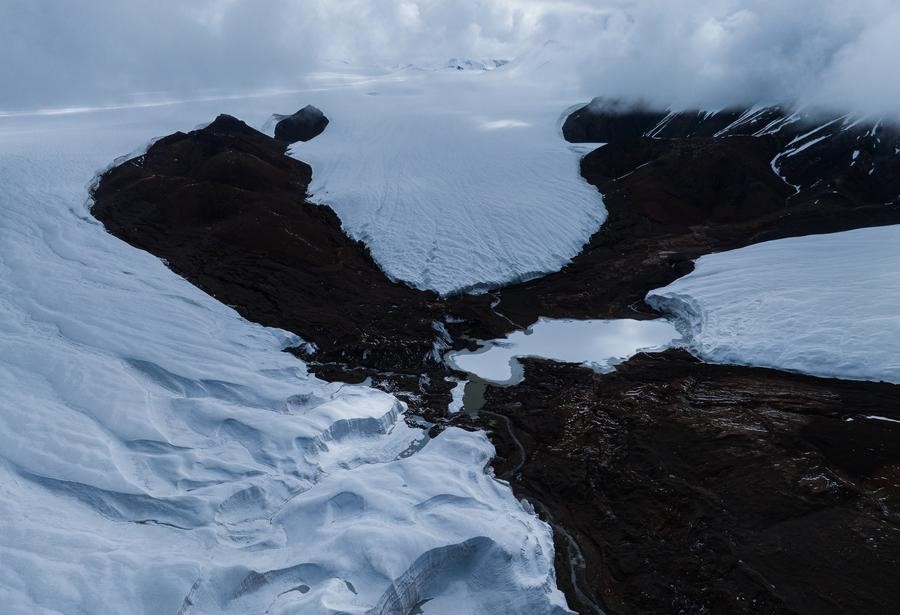
LHASA - China launched a scientific expedition in Lhasa on Sunday to investigate the Qinghai-Xizang Plateau -- known as Asia's "water tower" -- with a target region encompassing "one glacier, two lakes and three rivers".
The region is home to Purog Kangri Glacier, the largest glacier in the world, located in the mid to low-latitude regions, as well as Siling Lake and Namtso Lake, the largest and second-largest lakes in Xizang, respectively. It is also the birthplace of the Yangtze River, Nujiang River and Yarlung Zangbo River.
ALSO READ: Xizang set to soar as outdoor sports haven
Over the past 20 years, the climate and environment in the region have experienced dramatic changes, including accelerated glacier retreat and rapid lake expansion. These transformations have affected the structure and function of the regional ecosystem, with significant implications for human survival and development.
This scientific expedition, based on an Earth system science perspective, will identify the characteristics of regional climate and ecological changes and reveal the mechanisms behind these changes.
ALSO READ: Xizang's GDP up 6.1% in first half
It will also assess the key functional changes in regional ecological security barriers, and propose critical measures for ecological protection and restoration, along with scientific recommendations for green development.
Over 400 researchers, led by renowned scientists such as Yao Tandong and Lonnie Thompson, will participate in the expedition.
They will be organized into six research teams, each with their own focus, including changes and impacts on Asia's "water tower," ecosystems and carbon cycles, alpine environments and health, resource and energy prospects, structural and environmental evolution, and pathways to green development.


